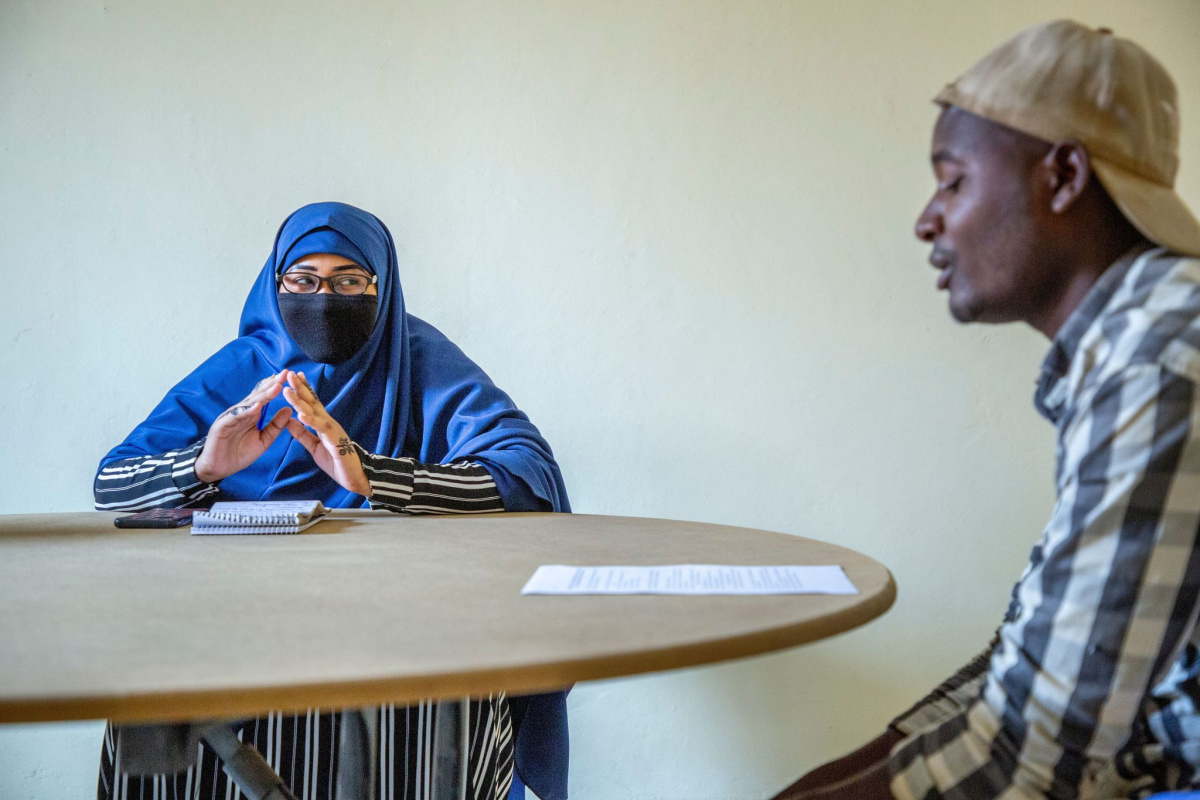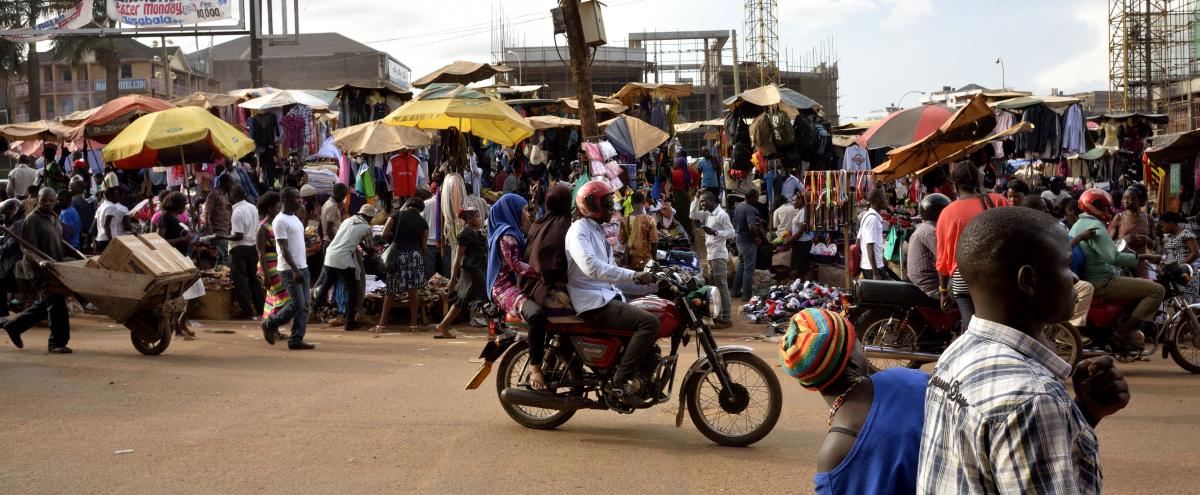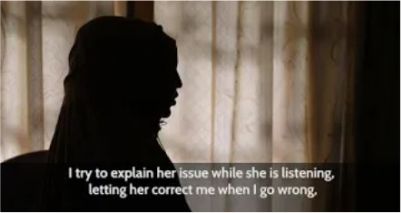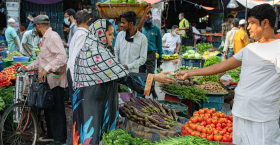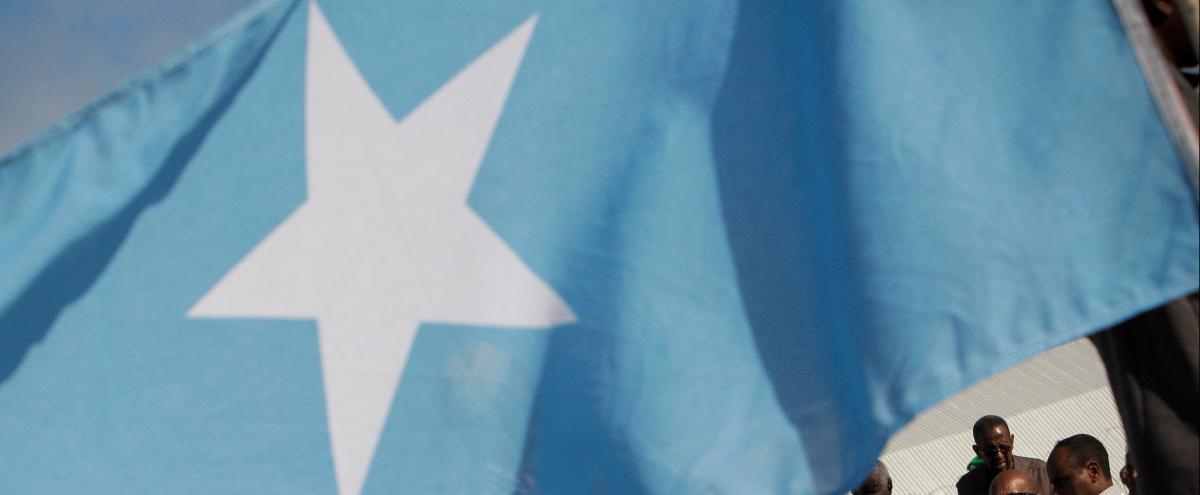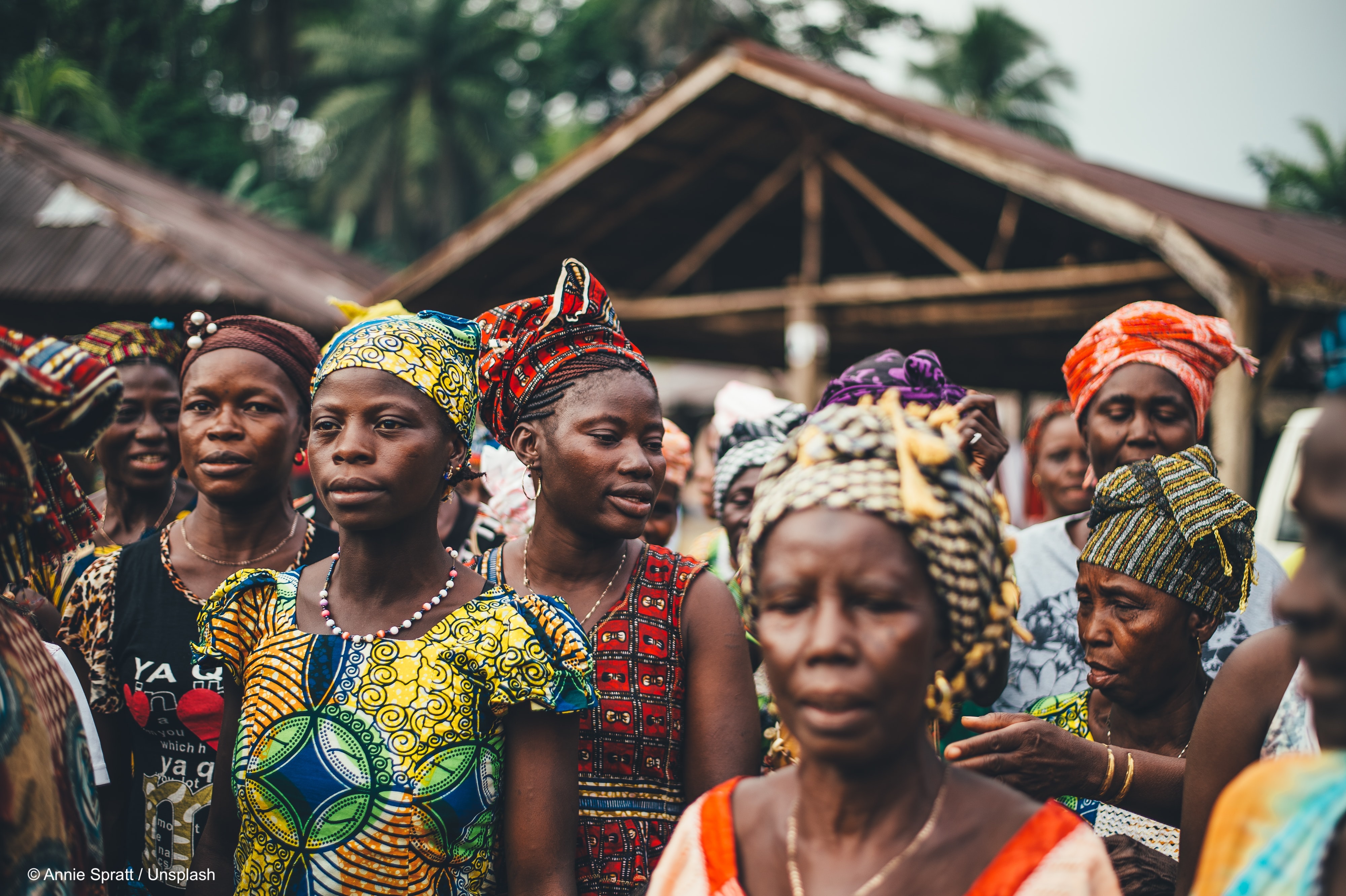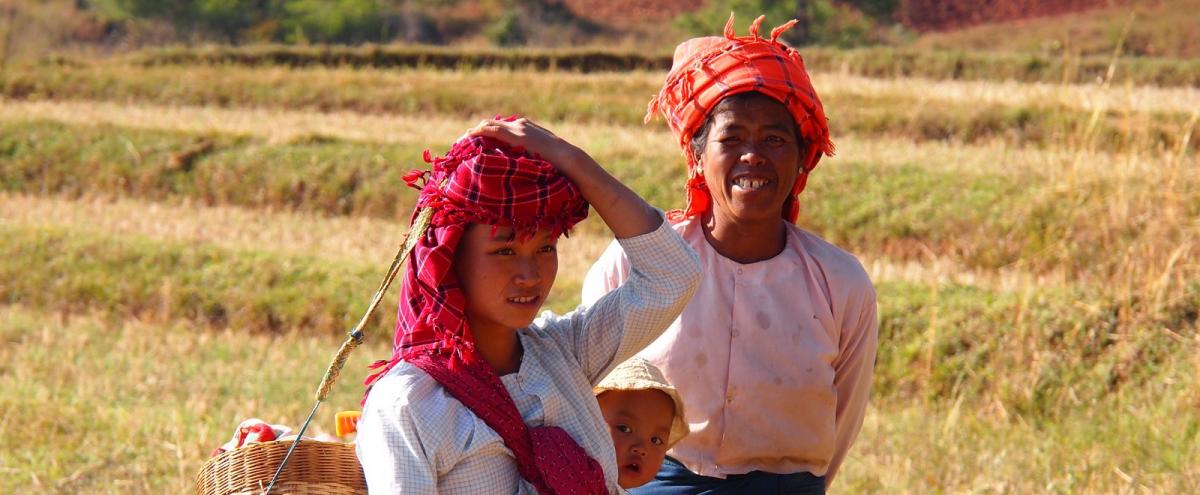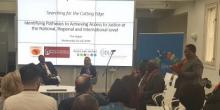Customary and informal justice (CIJ) describes justice and conflict resolution mechanisms that operate outside the formal system of state-based laws and courts. CIJ encompasses a range of solutions from traditional and indigenous systems to local alternative dispute resolution. CIJ systems are often more cost effective, accessible, and trusted compared to formal systems; they tend to emphasize restorative justice, flexible rules and procedures, and negotiated solutions that are culturally resonant. At the same time, some CIJ practices are inconsistent with international human rights standards and reflect unequal power dynamics and conservative social norms, with adverse effects on women and other excluded groups.
IDLO is committed to engaging with the diverse pathways available to justice seekers, especially women and other excluded groups, strengthening the accessibility, responsiveness and accountability of CIJ providers, and ensuring that these cooperate with formal justice systems. We seek to promote innovative approaches, generate knowledge and influence policy in ways that centre CIJ in the global justice agenda.
IDLO has taken a leadership role in the global Working Group on CIJ and Sustainable Development Goal (SDG) 16+, a unique coalition that includes a broad array of actors, from UN and other intergovernmental agencies to grassroots justice defenders and community groups, and advocates for the centrality of diverse pathways to justice in achieving SDG 16. In 2023, the Working Group published Diverse Pathways to People-Centred Justice, a landmark report articulating a new consensus on the need to engage with CIJ actors and practices in efforts to enhance access to justice and strengthen the rule of law. It will serve as a basis for further multi-stakeholder collaboration on CIJ policy and programming at the global level in the years ahead.
IDLO's Publications on Customary and Informal Justice:
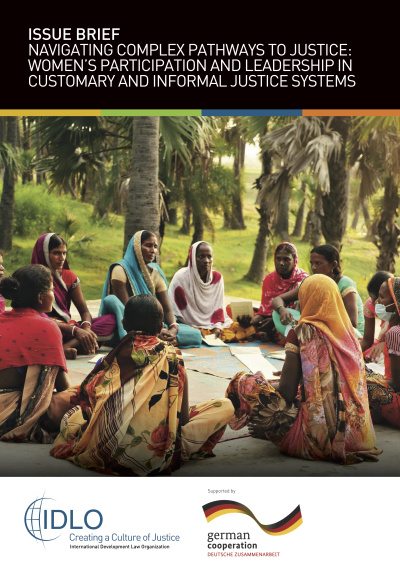
Issue Brief: Women’s Participation and Leadership in Customary and Informal Justice Systems
The majority of justice seekers worldwide resolve their problems through customary and informal justice (CIJ) systems. Women constitute the largest group of users of CIJ systems for diverse reasons and rely on them for resolution of their justice problems.
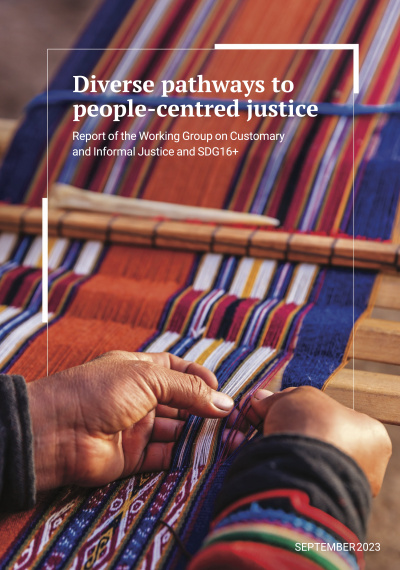
Diverse Pathways to People-Centred Justice
Globally, most people do not resort to formal justice systems to address their justice problems. Rather, they rely on diverse pathways to justice often referred to collectively as “customary and informal justice” (CIJ).
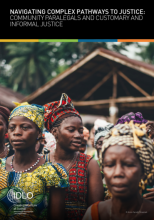
Community Paralegals and Customary and Informal Justice
Community Paralegals and Customary and Informal Justice explores how community-based paralegals and other legal aid providers can strengthen the accessibility and inclusiveness of customary and informal justice (CIJ) systems.
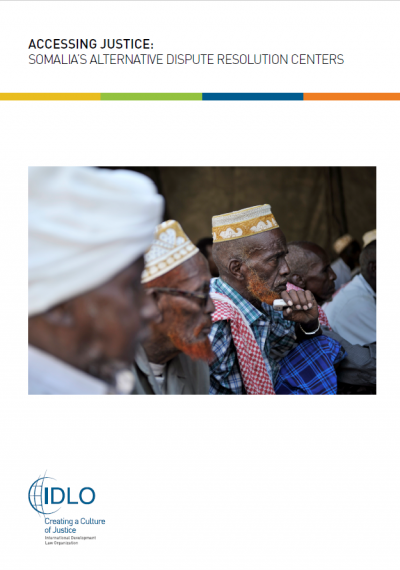
Accessing Justice: Somalia's Alternative Dispute Resolution Centers
Accessing Justice: Somalia's Alternative Dispute Resolution Centers reviews structural, procedural, and normative dimensions of justice in six Alternative Dispute Resolution (ADR) Centers in Somalia, documenting insights from ADR Coordinators, Clerks, paralegals, and Adjudicators as well as users of the Centers.
View more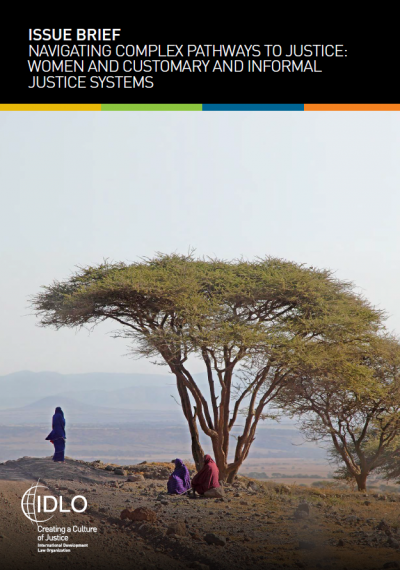
Issue Brief: Women and Customary and Informal Justice Systems
Women and Customary and Informal Justice Systems focuses on the relationship between women and customary and informal justice (CIJ) systems.
View more
Policy and Issue Brief: Engagement with Customary and Informal Justice Systems
In a bid to make justice accessible for all, IDLO has launched a series of Consultations on customary and informal justice systems. The global dialogue is informed by a series of publications titled “Navigating Complex Pathways to Justice: Engagement with Customary and Informal Justice Systems” that seeks to advance policy dialogue and distil lessons from programming and research, to help realize Sustainable Development Goal 16.
View more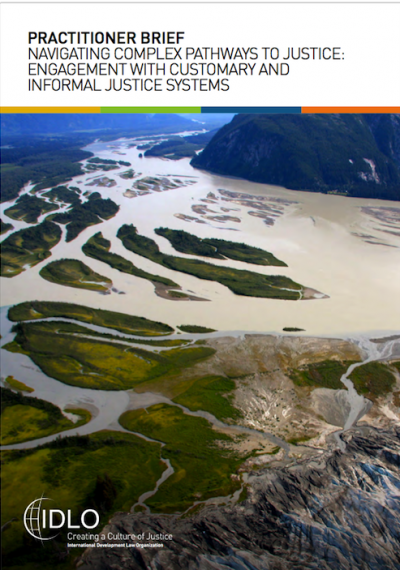
Practitioner Brief: Engagement with Customary and Informal Justice Systems
In a bid to make justice accessible for all, IDLO has launched a series of Consultations on customary and informal justice systems. The global dialogue is informed by a series of publications titled “Navigating Complex Pathways to Justice: Engagement with Customary and Informal Justice Systems” that seeks to advance policy dialogue and distil lessons from programming and research, to help realize Sustainable Development Goal 16. This Practitioner Brief offers a set of concrete tools, recommendations and good practices to support engagement with customary and informal justice systems.

